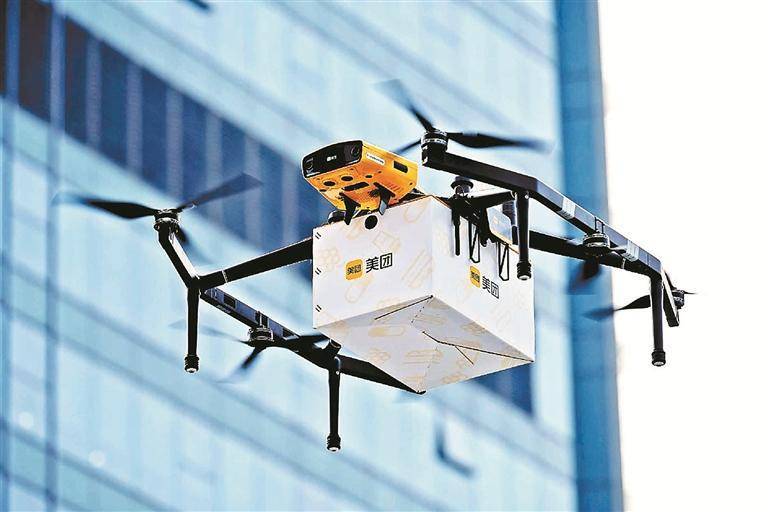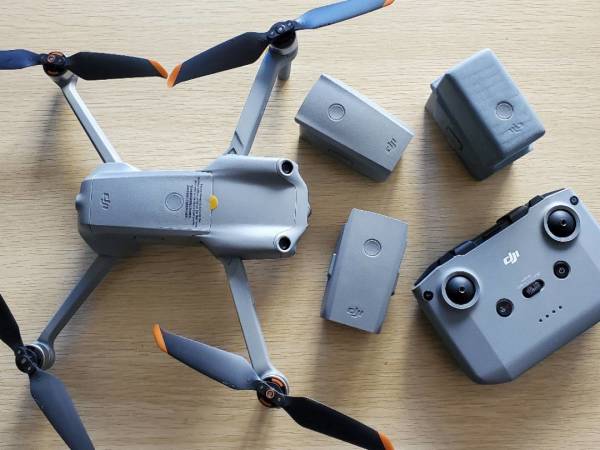In the ever-evolving landscape of aerial technology, air force drones have become a prominent feature, influencing not only military strategies but also technological advancements globally. These autonomous and remotely piloted aircraft are a testament to the age of innovation, representing a blend of cutting-edge technology and strategic military needs.
Technological Advancements in Air Force Drones
Modern air force drones are equipped with advanced sensors, navigation systems, and data link technology that enable them to perform a wide variety of tasks with high precision. From reconnaissance missions to delivering tactical strikes, drones have proven to be versatile assets. The incorporation of artificial intelligence and machine learning is setting the stage for these drones to perform complex missions with minimal human intervention. This significantly enhances their capability to function in contested or denied airspace.
Moreover, innovations in stealth technology have made air force drones less detectable by enemy radars. The use of composite materials and novel design techniques minimize the radar signature of drones, which is crucial for the success of covert operations. For instance, the RQ-170 Sentinel, which has been used for reconnaissance, is known for its ability to evade enemy detection.
The Strategic Role of Drones
The strategic importance of air force drones cannot be overstated. One of the most significant benefits is the reduction of risk to human pilots in dangerous missions. By deploying drones, air forces can gather intelligence, conduct surveillance, and engage targets without risking human lives. This capability not only enhances operational efficiency but also allows for sustained operations over enemy territory thanks to the extended flight endurance of drones.
The ability to engage in long-duration flights makes drones indispensable in modern warfare. This endurance is largely due to advancements in battery life and solar power integration.
Future Prospects and Innovations
The future of air force drones is promising, with ongoing research aimed at further enhancing their capabilities. Innovations under consideration include improved autonomy, swarming capabilities, and enhanced countermeasure systems. Swarm technology, in particular, presents exciting possibilities by enabling multiple drones to operate in coordination, increasing their effectiveness in overwhelming enemy defenses. Such technology is akin to a futuristic air force, where drones communicate and collaborate in real-time, adapting to changing battle conditions autonomously.
Additionally, investment in counter-drone technology is also becoming a priority. As drones become more prevalent, the threat of adversaries using similar technology increases. Effective counter-drone measures ensure tech integrity and safeguard operations against malicious drone activity.
Challenges and Ethical Considerations
Despite the many advantages, the rise of air force drones brings several challenges. One such challenge is the ethical implications of autonomous weapon systems. The question of accountability and decision-making in lethal operations is a subject of global debate. Efficiently balancing technological advancements with ethical responsibility remains a critical issue for military and industry leaders alike.
There are also concerns about the potential for hacking and cyber threats. As drones become more interconnected and reliant on data systems, ensuring cybersecurity becomes paramount.

FAQs on Air Force Drones
- How are air force drones controlled?
- Air force drones are primarily controlled remotely by trained operators using sophisticated control systems. Some models feature autonomous capabilities, allowing them to perform pre-set tasks independently.
- What roles do air force drones play in military operations?
- They are primarily used for intelligence gathering, surveillance, reconnaissance, and targeted strikes. Their ability to operate in high-risk environments makes them invaluable assets.
- Are there legal concerns associated with drone usage?
- Yes, the legal and ethical implications of drone use, especially in warfare, are complex, involving international law and rules of engagement. This remains an ongoing discussion among policymakers worldwide.
